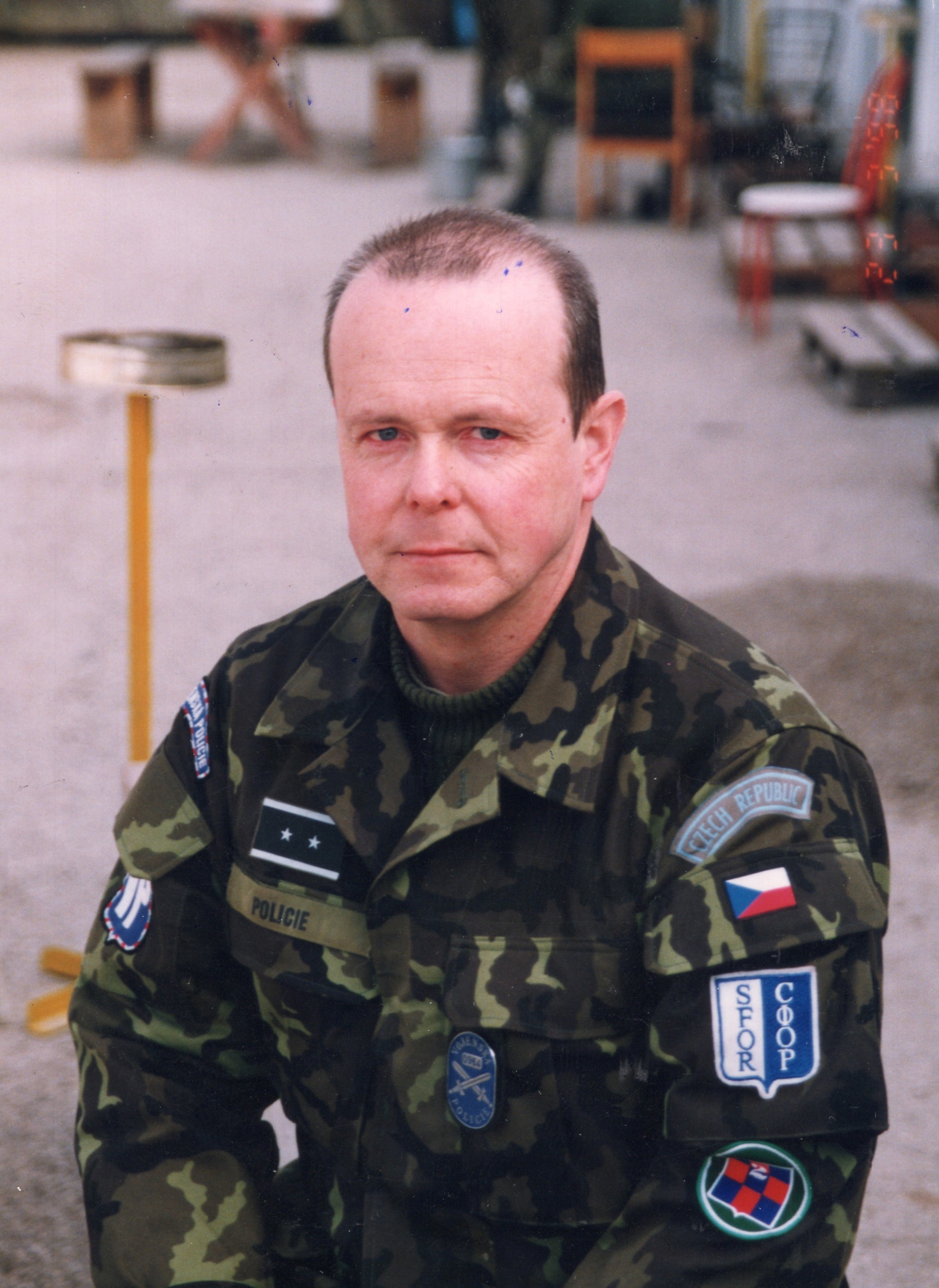In Bosnia, the locals rather ignored us, but they managed to be grateful

Stáhnout obrázek
Petr Rosmanik was born on 19 April 1949 in Ostrava. From early childhood, he played the violin and wanted to pursue music professionally. Due to his family‘s financial situation, he eventually enrolled at the Military Music School in Roudnice nad Labem. After graduation, he served for a year at the Garrison Music Olomouc, where he survived the invasion of the Warsaw Pact troops. Then he graduated from the Police School of the Ministry of the Interior and completed an internship at the National Security Corps (SNB) in Ostrava. Subsequently, he worked as a criminalistics technician at the Military District Prosecutor‘s Office in Olomouc. He solved misdemeanours and criminal offences of soldiers, prison guards, policemen, and Soviet soldiers. Most often he investigated traffic accidents and property and economic criminal activity. After two years in the military prosecutor‘s office, he joined the Communist Party of Czechoslovakia (KSČ). In the autumn of 1997, he went to Bosnia and Herzegovina as a military policeman, where he participated in the international peacekeeping mission SFOR under the auspices of the North Atlantic Alliance. He returned to the Czech Republic after a year. In 2022, Petr Rosmanik lived in a home for war veterans in Karlovy Vary.













